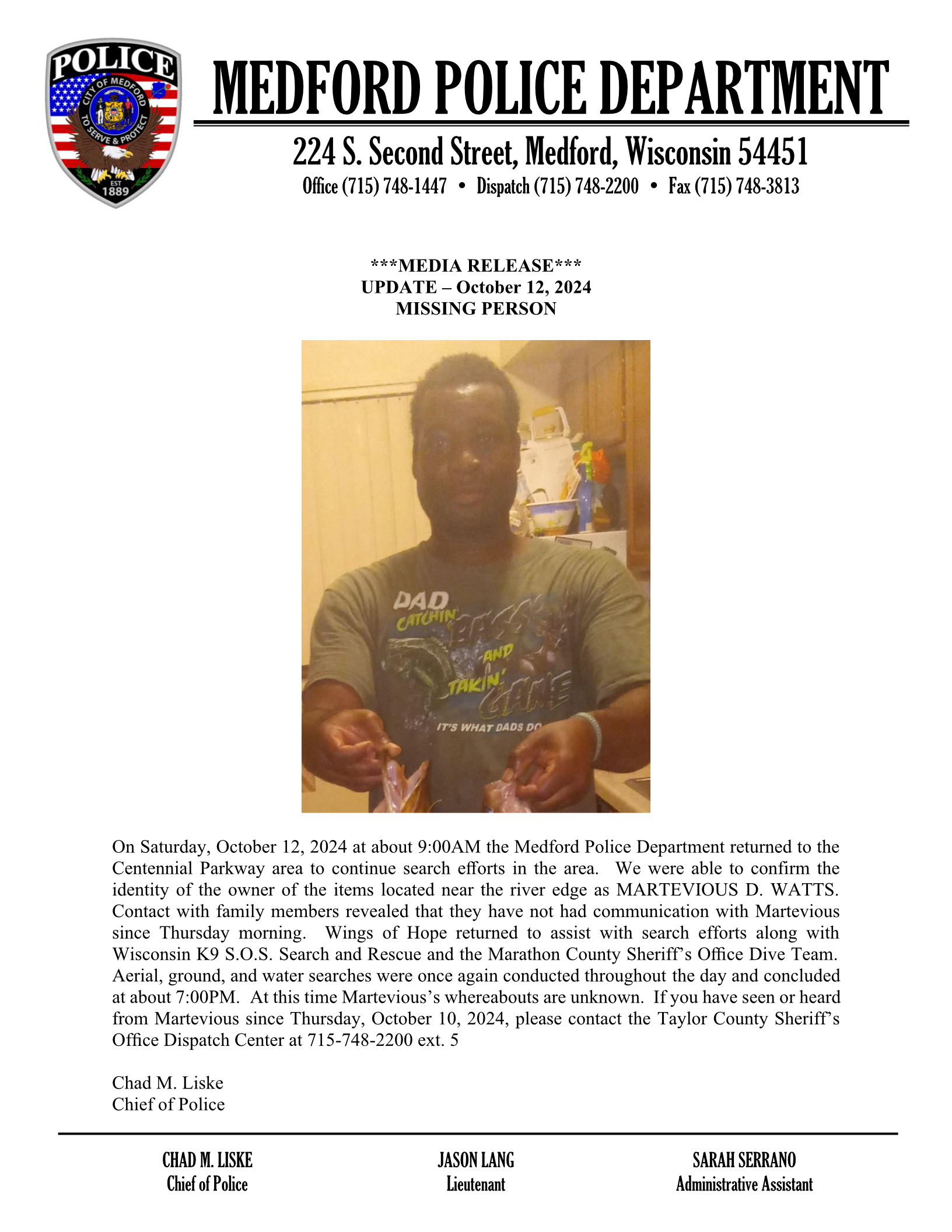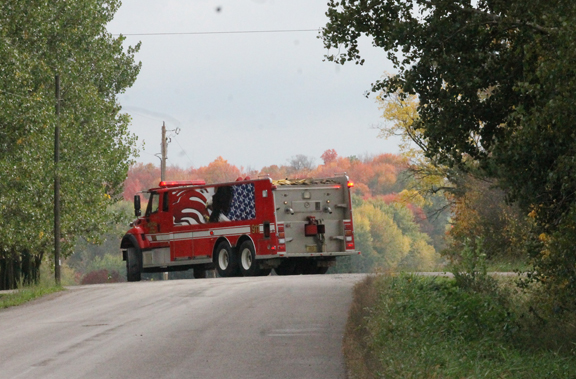Wisconsin residents encouraged to get flu vaccine this autumn
State health officials are urging Wisconsin residents to get vaccinated against the flu as soon as possible. Annual flu vaccines are always important, but reducing illness and hospitalization from flu is critical this year, to protect frontline healthcare workers and hospital systems who will continue to care for people with COVID-19.
“Now more than ever, getting your flu vaccine is one of the most important and proactive steps you can take to protect yourself, the people you love and people around you,” said Department of Health Services (DHS) secretary-designee Andrea Palm. “Getting sick from the flu could result in hospitalization at a time when our frontline health workers are doing all they can to help COVID-19 patients recover.”
Last flu season, 42 percent of Wisconsinites received at least one dose of flu vaccine, leaving nearly 2/3 of people at higher risk of getting the flu. During Wisconsin’s 2019-20 influenza season, there were 36,175 flu cases reported, 4,425 flu-related hospitalizations and 183 deaths, including three children.
Last year, Wisconsin saw the highest number of pregnant women hospitalized for influenza.
Flu season is right around the corner in Wisconsin, and it takes about two weeks for the flu vaccine to protect against the virus. Make a plan today to get vaccinated, by contacting a healthcare provider to schedule an appointment or checking with a local pharmacy.
People can also use vaccinefinder.gov or call 211 to find a provider. If cost is a concern, children may be eligible for the Wisconsin Vaccines for Children program.
“Both influenza and COVID-19 are respiratory illnesses, but until we have a vaccine against COVID-19, the way to help prevent these two viruses from circulating at the same time, is to get your flu vaccine now,” said Palm. “We all need to do everything possible to make a difference this flu season, so let’s keep people flu-free, while we focus on ending COVID- 19.”
Providers are getting creative this year, to help make vaccinations easy and convenient, from holding vaccination drives at churches and grocery store parking lots, to providing them curbside at clinics. Safety precautions related to COVID-19 are in place, including social distancing and sanitizing at clinics, temperature checks and special scheduling.
Simple steps already followed to stop the spread of COVID- 19, are also successful for warding off the flu. In addition to the flu vaccine, people should also stay home when they’re sick; cover coughs and sneezes; wash their hands frequently and thoroughly.
To help increase flu vaccine rates statewide, the DHS has announced new funding for community organizations, to reach out to underserved communities. The DHS will award $950,000, provided by the CDC, to five to 10 organizations, each receiving up to $200,000.



